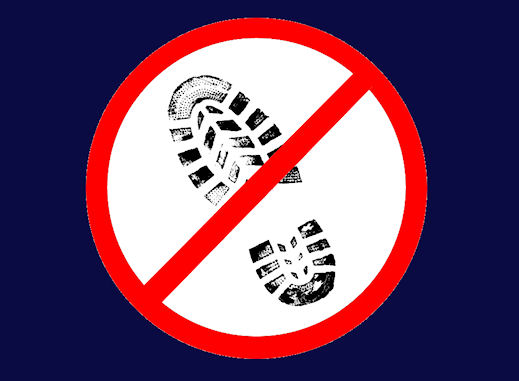

Yahoo is in disagreement with Microsoft over how to manage the Do Not Track (DNT) standard, which looks to provide Internet users with greater privacy.
Microsoft infuriated marketers earlier this year, when it said it would turn DNT, which sends signals to servers asking the website owner to not track them, on by default in its Internet Explorer 10 browser.
But Yahoo is going to ignore those signals from IE10 for now, as the final standard has not yet been formalised.
“Recently, Microsoft unilaterally decided to turn on DNT in Internet Explorer 10 by default, rather than at users’ direction. In our view, this degrades the experience for the majority of users and makes it hard to deliver on our value proposition to them. It basically means that the DNT signal from IE10 doesn’t express user intent.
“We will not recognise IE10’s default DNT signal on Yahoo! properties at this time.”
DNT is currently being developed by various parties, but the project as a whole is being overseen by the World Wide Web Consortium (W3C). Yahoo said it would continue to work with the W3C on the standard.
“We will closely evaluate our support for DNT as the industry makes progress in reaching a meaningful, transparent standard to promote choice, reduce signal abuse, and deliver great personalised experiences for our users,” Yahoo added.
With so many voices and interests involved in its development, DNT has caused plenty of controversy. Faced with a backlash from marketers, in August, Microsoft reiterated its plans to switch DNT on by default but claiming it would reflect users’ preferences.
Earlier this month, Neelie Kroes, who is leading the Digital Agenda campaign in the European Commission, urged those putting together the standard not to pander to advertisers and not to water it down.
Are you a privacy pro? Try our quiz!
All Cybertrucks manufactured between November 2023 and February 2025 recalled over trim that can fall…
As Musk guts US federal agencies, SEC issues summons over Elon's failure to disclose ownership…
Moonshot project Taara spun out of Google, uses lasers and not satellites to provide internet…
Pebble creator launches two new PebbleOS-based smartwatches with 30-day battery life, e-ink screens after OS…
Amazon loses appeal in Luxembourg's administrative court over 746m euro GDPR fine related to use…
Nvidia, xAI to participate in project backed by BlackRock, Microsoft to invest $100bn in AI…
View Comments
This seems a quite controversial move backwards in online tracking. Hopefully Google, Microsoft, Facebook and other giants won't follow suit or we might see the demise of DNT soon.
Boycott Yahoo, if people didn't want this Microsoft would not be doing it. So QED the feedback Microsoft has received is in favour of DNT.
I hat ecompanies that force you to hunt down the options to opt out, it should always be opt in, this favours the user over nameless plebs working in advertising.